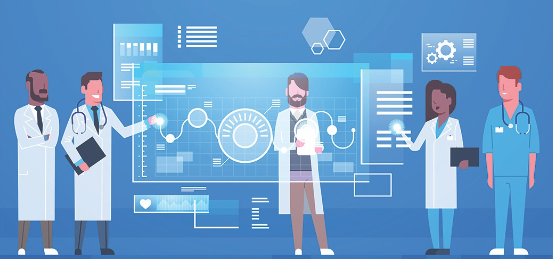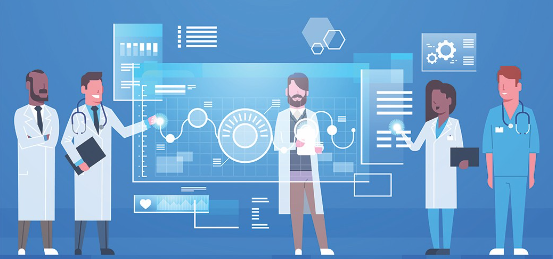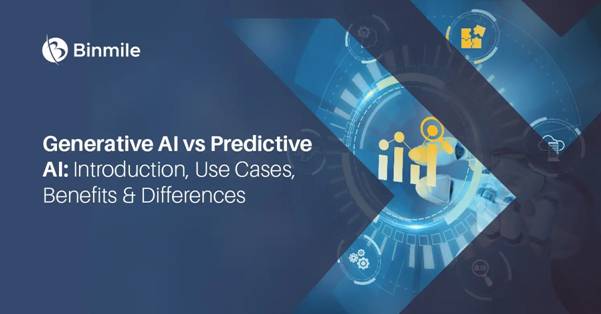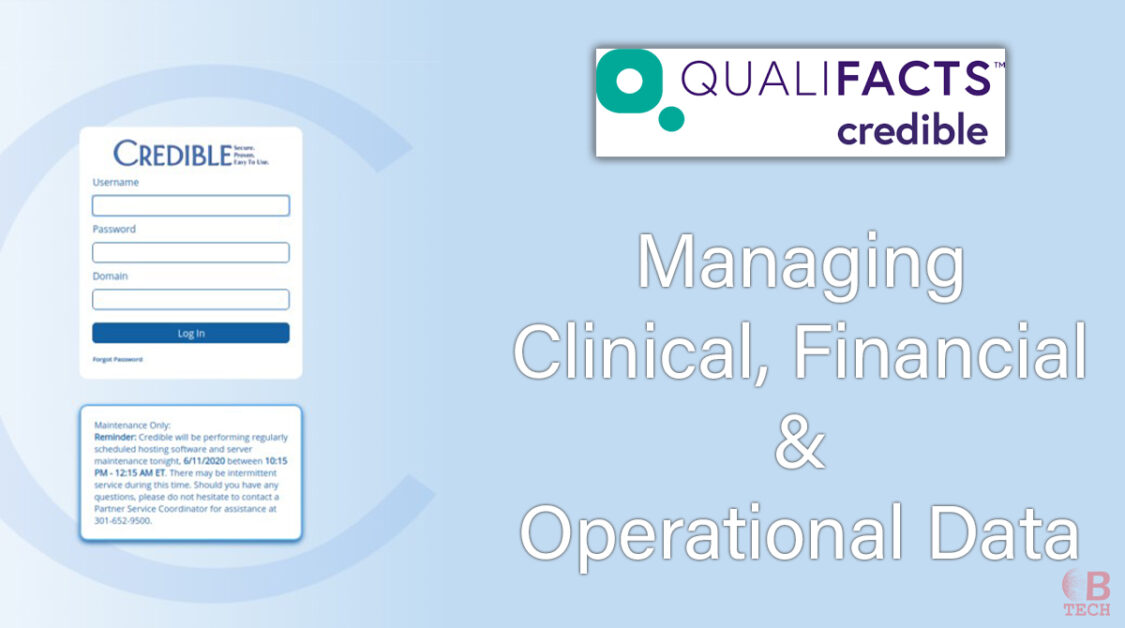IT (Information Technology) has always played a significant role in the growth of many industries such as manufacturing, automotive education, and a lot more. However, the role of IT in healthcare is commendable. From managing patients’ records to appointment scheduling, and insurance verification to billing, and accessing actionable data to delivering patients with quality and personalized care, information technology has contributed to the growth of the whole healthcare industry.
IT is broadly referred to as the utilization of various digital tools and technologies to share, receive, and store information. Nowadays, most hospitals, clinics, and healthcare organizations are leveraging IT to improve the services for their valuable patients. Whether it is about patient communication, proper diagnosis, or disease management, the role of IT is paramount. Digital records help in reducing errors, telemedicine allows patient-centered care, and health tracking applications are enhancing the health of individuals.
The Role of IT in Healthcare
Information technology can tremendously improve the functions of the health industry while improving the quality of care. It allows healthcare professionals to collect, store, and efficiently retrieve data. One of the best benefits of IT in the healthcare sector is improved communication between patients and caregivers. Also, it enhances the safety of patients while reducing the conflicts against legal issues.
Other Benefits of Incorporating IT in Health Care Include
Improved Hospital Facilities:
Integrating data in centralized IT systems allows healthcare centers to better manage their operations and enhance services for patients. They can also update the availability of resources as well as the staff members. While patients can check the availability of their doctors in a few clicks away. This offers a variety of healthcare services.
Better Accessibility to Quality Care:
Getting quality healthcare access is one of the biggest challenges in most of the rural areas in the country. As most of the private hospitals and super specialty centers are in cities, it becomes challenging for people from rural areas to reach out for quality care. With telehealth, these people can make remote consultations with the top doctors available.
Accurate and Quicker Access to the Patient Records:
One of the major benefits of information technology in the healthcare industry is accurate and quicker access to patient records. Electronic health records help maintain patient details while making them highly accessible. It also supports automatic alerts for appointments, follow-ups, checkups, and diagnostic tests.
Reduced Human Errors:
Advanced information technology in the healthcare industry that is booming and in great demand to manage healthcare operations are electronic health records as well as digital orders & billing. These processes can significantly reduce human errors, especially in prescriptions. This leads to accurate and error-free digital prescriptions that help in addressing diagnostic errors and taking necessary actions.
Improved Customer Relationship:
Due to the rising demand for customer relationship management, companies are developing CRM solutions for healthcare management. These solutions offer effective customer service, better compliance, easy order processing, high patient retention, measurable marketing, and enhanced patient care management.
The Conclusion
Information technology has brought a great transformation in healthcare management. It offers effective and innovative approaches for information management about a patient’s health. This leads to reduced healthcare costs, medical errors, accurate details, and improved healthcare.
It is clear to say that the healthcare industry is shaped by cutting-edge technologies. Today’s modern healthcare facilities should incorporate information technology to provide quality, efficient and secure services to their valuable patients.




